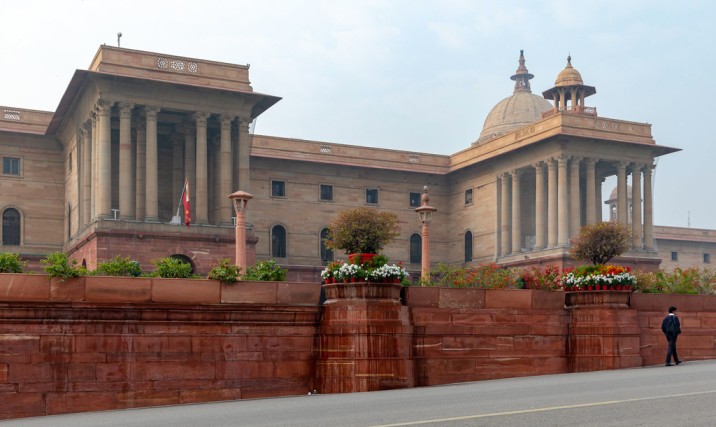UPSC Examinations: An introduction to the Government Job exams in India


Despite the fact that the private sector has grown significantly over the past three decades and offers a variety of benefits, a significant number of people going from campus to career are found preparing for government employment, in particular the UPSC exam. You may have heard it is said that being a government employee comes with a range of benefits that you will never find elsewhere - and that the UPSC group of exams are the entry into government jobs. Let’s take a look at the basics of the UPSC exams.
What is UPSC?
The Union Public Service Commission, also known as UPSC, is the Government of India's top central hiring organisation for Group 'A' officers. All Group "A" roles of all union government establishments, including all central public sector units and central autonomous bodies, are subject to its nomination and examination processes.
To choose civil employees for various government agencies, the Union Public Service Commission (UPSC), a statutory government organisation, holds the Civil Services examination each year. IAS (Indian Administrative Service), IPS (Indian Police Service), IFS (Indian Foreign Service), IRS (Indian Revenue Services), and numerous other All-India services are a few examples of the positions that are filled up through the UPSC exams.
Different types of UPSC Examination
UPSC conducts a variety of examinations and it is important for aspirants to have the necessary knowledge of these. Here is a list of the different examinations conducted by UPSC:
Eligibility Criteria for UPSC
The eligibility criteria for the different UPSC Examinations differ in terms of the educational qualifications needed. However, the basic requirements are that a candidate must be an Indian national and have completed their undergraduate degree in order to be eligible to take this exam. The age limit criteria decided by the official authorities for the UPSC Examinations are as follows:
UPSC Selection Procedure
The UPSC Selection Procedure includes 3 main stages which are as follows:
Why choose Indian Civil Services?
A career in the civil service might be a demanding job, but it does give you a prestigious government position, and the potential to improve the effectiveness of the nation's administration at the local level. A civil servant job is a right fit for you if you are fiercely competitive and have the drive to create genuine change.
Every year, a significant number of openings are usually made available in the central public sector and union governments. All these positions are filled through the UPSC exams, and hence, these are understandably difficult to pass, especially considering the vastness of the syllabus to be covered. Even beyond the exam, there is significant rivalry for a relatively small number of positions. The only things that keep aspirants on the right track are commitment and passion. So, if UPSC is your calling, then get set to work hard towards your goal - and with that, you will have taken a step towards fulfilling your dreams.